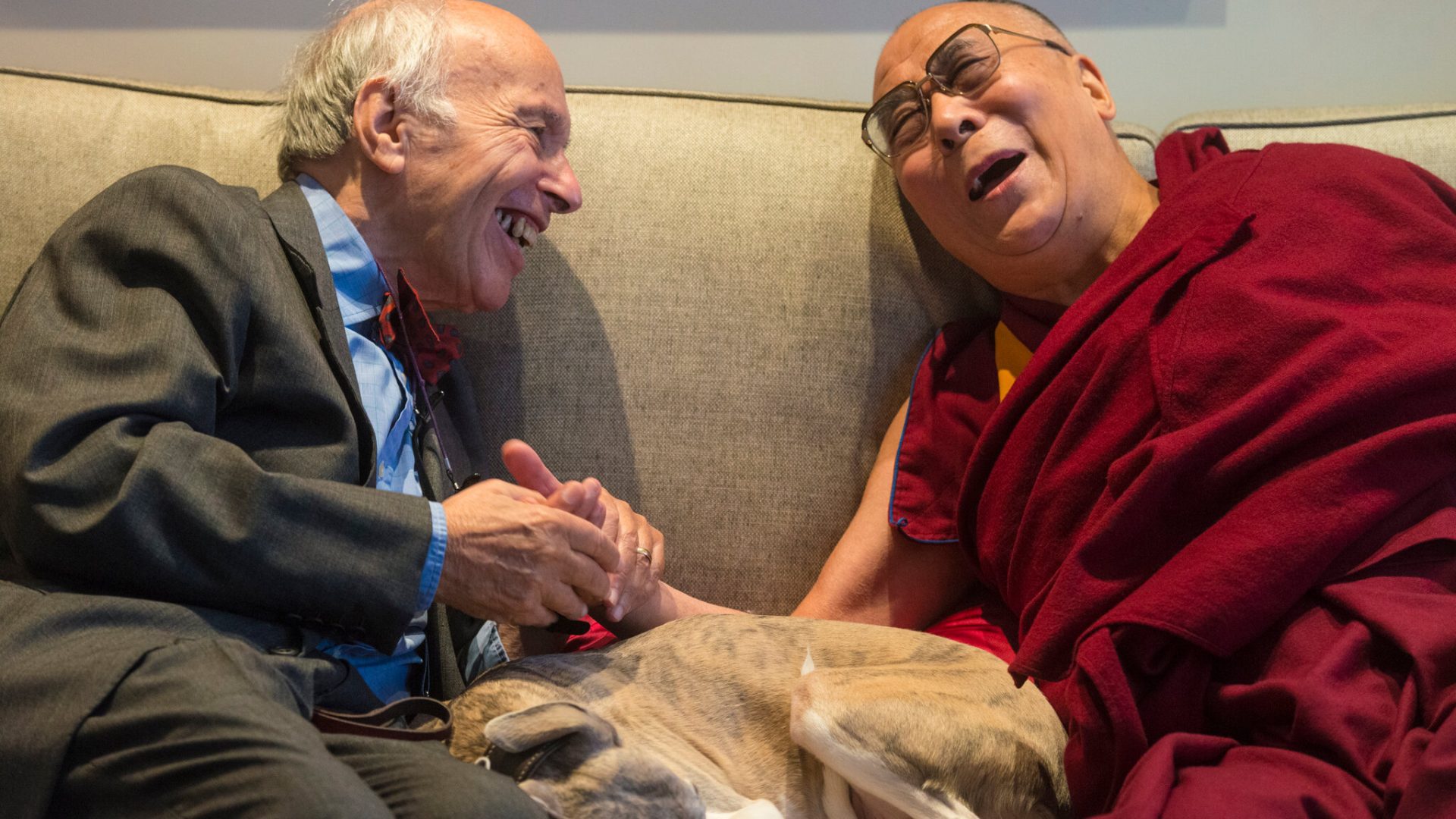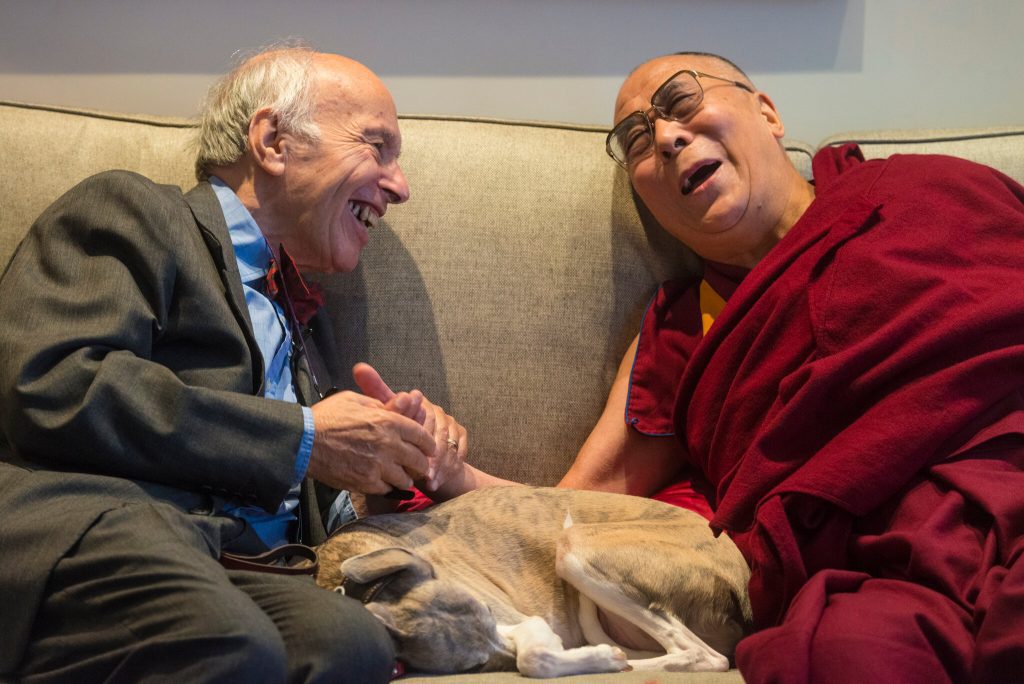
Jonathan Mirsky Obituary
American journalist and China historian Jonathan Mirsky passed away on 5 September 2021
Jonathan Mirsky, who has died aged 88, was a humane, astute, straight-talking, unconventional academic-turned-journalist who specialised in Chinese affairs for decades, changing from a left-wing admirer of Mao to a severe critic of the Chinese Communist Party. A fluent Mandarin speaker, Mirsky had a deep knowledge of the country’s history and culture, plus a keen interest in Tibetan affairs. He was on intimate terms with the Dalai Lama from whom he received a long letter – who knew Mirsky was very ill – a few weeks before his death.

American journalist and China historian Jonathan Mirsky. (Photo: Ian Cumming)
Mirsky was born in New York where he went to the Ethical Fieldstone Culture School, later graduating from Colombia University with a BA in history. Whilst spending a year at King’s College, Cambridge, a former American lady missionary recommended he study Mandarin which he did for three years before moving with his first wife to Taiwan where they ran a language school for four years. Returning to the USA, Mirsky took a doctorate in 1966 in Chinese history at the University of Pennsylvania. Divorced in 1963, he remarried and moved to Dartmouth College, New Hampshire, in 1966 where he was co-director of the East Asia Language and Area Studies Centre but was refused tenure partly due to his prominent anti-Vietnam war protests. In 1975, the Mirskys moved to London. Meanwhile, in 1972, with a small group, he spent six weeks travelling China with official guides, sure that Mao and the Cultural Revolution were good for China. Within 48 hours he was convinced otherwise and became sceptical, a view that grew as he transited to a successful journalistic career. He worked as China correspondent for The Observer and later, based in Hong Kong, as East Asia editor for The Times.
Between 1981 and 1989, for The Observer, he made six visits to Tibet and Lhasa, staying for up to six weeks, where he found fault with the communist and racist imperialism of the Han Chinese towards the Tibetans. “Journalists were supposedly not allowed; I was always stopped by the same man who said I ought not to be there, yet he never interfered with my reporting. A situation I could never explain”. On one occasion Mirsky was in the same hotel as Hu Jintao (later China’s President), with whom he chatted in private. “He feared he would be murdered because Chinese authorities had not behaved well in Tibet; he knew I was a journalist; it was remarkable how humane he was.”
In 1989, Mirsky was named International Reporter of the Year at the British Press Awards for his coverage of the Tiananmen Square massacre. At 3 am on June 4th, as he went to file his report, a group of armed police, realising he was a journalist, savagely beat him to the ground. A colleague from the Financial Times dragged him to his feet just before he was shot. Mirsky returned the following day to witness soldiers mow down medics in their white smocks, as they climbed out of ambulances to assist thousands of shot students. “The Square was a place of horror where blood lay in pools on the stones.” When, in 1991, John Major was the first international leader to visit Peking after Tiananmen [to paraphrase], “he told British journalists he had virtually banged the table about human rights with premier Li Peng; we journalists wrote admiring pieces – The Observer gave me a gratifyingly prominent spread. A week later an official who had been in the room said no mention whatsoever was made of human rights. It was the biggest lie ever!” he recounted years later.
Mirsky was banned from China in 1991 but in 1993, took up the post of East Asia correspondent for The Times. He resigned and retired in 1998, believing the paper was cutting back on criticism of China – “I had 201 stories spiked. No, no, no to many proposals” – to protect the commercial interests of proprietor Rupert Murdoch (a claim rejected by the then editor). Mirsky continued to write many erudite book reviews, particularly for the New York Review of Books.
When the Dalai Lama first visited London in 1981, Mirsky went to interview him for The Times, which established the start of a long friendship. “We shared a sense of humour and would often gossip and giggle.” They last met in Holland in 2020.
Mirsky was married three times. He is survived by his third wife and his sister.

